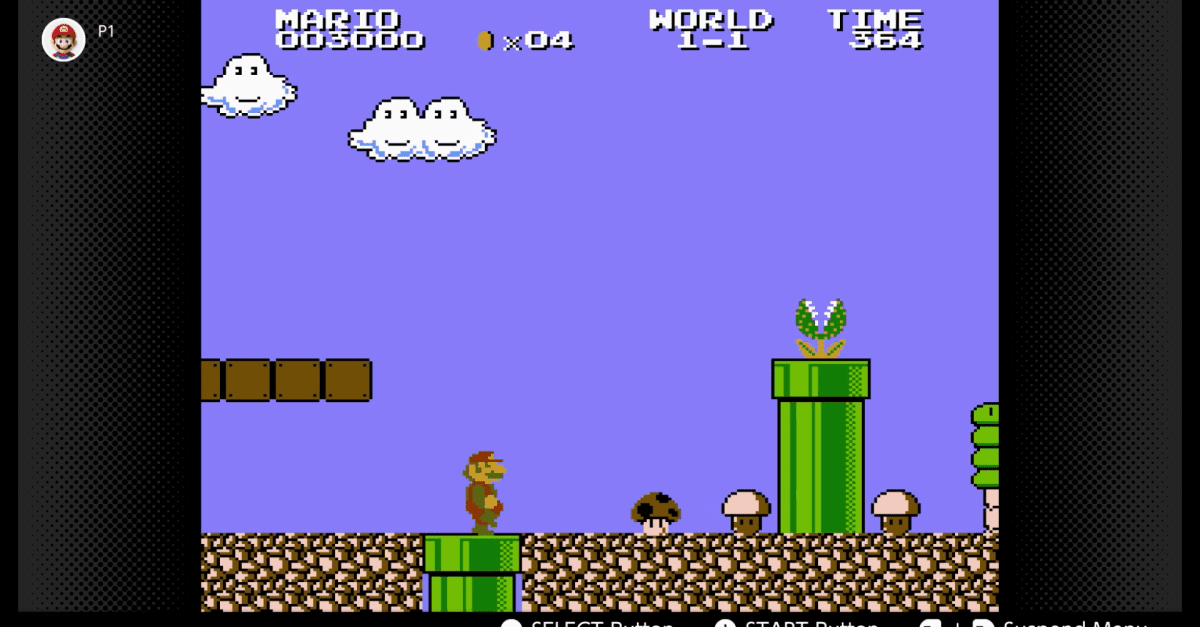
Many gamers know the struggle of tackling a challenging level or boss: after facing repeated failures, you may find yourself feeling stuck and ultimately decide to take a break. However, upon returning later, you might discover that what seemed impossible is now easily conquerable within just a couple of attempts.
This phenomenon is rooted in the way our brains process and learn new information.
According to Celia Hodent, Ph.D. in psychology and expert in game UX, “Engaging in a video game demands a significant amount of mental energy—essentially your attention resources—which tend to wane over time.” She elaborates, “If you’ve been immersed in gameplay for an hour and you’re tackling a new boss, your brain is heavily engaged in figuring out the enemy’s behavior and strategies to defeat it, ultimately leading to mental fatigue and repeated failures.”
However, stepping away for a while allows you to recharge and enables your brain to complete essential learning processes.
“Sleep plays a critical role in consolidating what we’ve learned throughout the day, transferring information into long-term memory. Without the ability to remember, learning is hindered,” says Hodent. “Inadequate sleep can severely impact our overall learning and development.”
It’s important to note that learning and memory are vital not only for novices or children but also for fully developed adults. “Proper sleep is essential for everyone to stay mentally sharp, maintain health, and effectively learn skills—including mastering video games,” Hodent emphasizes.
I recently experienced this firsthand while playing Lonely Mountains: Snow Riders. After struggling with a few objectives in the morning before work, I attempted the game again later that day with no progress. Yet, the next morning, after a good night’s sleep and a fresh cup of coffee, I easily completed the objective and even tackled some tougher runs.
Frustration stemming from challenges in a game is not solely caused by refusing to take breaks. Hodent identifies three core “learning approaches” that come into play while mastering video game levels—behavioral, cognitive, and constructive psychology principles.
Behavioral psychology can be seen as a conditioning process—essentially an “input-output” dynamic. For example, players learn to correlate certain actions with specific outcomes, like finding loot after breaking a vase or becoming alerted by a sound when enemies approach.
This conditioning also thrives on repetition; Hodent notes, “Allowing players to repeat actions, like practicing with a new weapon against foes, reinforces this conditioning process akin to using flashcards.”
The second learning method, grounded in cognitive psychology, involves examining the intricacies of the mind and understanding its limitations. “Perception is personal, attention is limited, and memory can be unreliable,” Hodent explains.
This reality shouldn’t be seen negatively; effective game design should introduce concepts gradually, ensuring players don’t become overwhelmed and frustrated enough to quit. Learning is inherently enjoyable, especially when rewards are present along the way.
Hodent points out, “Working memory can become fatigued quickly, leaving us unable to maintain attention for extended periods or multitask effectively. If a game introduces too much new information too rapidly, players are likely to forget significant portions, resulting in feelings of incompetence and frustration.”
Finally, the third framework, constructive psychology principles, aims to alleviate frustration through meaningful learning opportunities.
Hodent illustrates that “Overly intrusive tutorials that interrupt gameplay can disengage players. However, placing them in scenarios where they must acquire new skills to overcome challenges is far more effective.” She references the iconic Super Mario Bros. World 1-1, where players are guided to discover jumping mechanics through exploration rather than explicit instructions.
Remember, it’s not entirely up to you to recognize when to take a break; games themselves should also facilitate pauses in the learning process.
“Well-designed games should consider cognitive principles and allow players moments of relaxation, such as engaging in activities that reinforce previously acquired skills without introducing new challenges,” Hodent advises.
The next time you find yourself stuck on a challenging level, consider stepping back from trying to brute force your way through. Science suggests this approach is rarely effective, and your brain won’t be fooled. Instead, allow yourself a break, practice on easier levels, or simply get some rest.
“This is particularly crucial for children and young adults whose brains are still developing — good sleep hygiene is vital for their growth and learning capabilities,” Hodent highlights. So, be sure to prioritize your sleep routine; it could significantly enhance your gaming skills.









